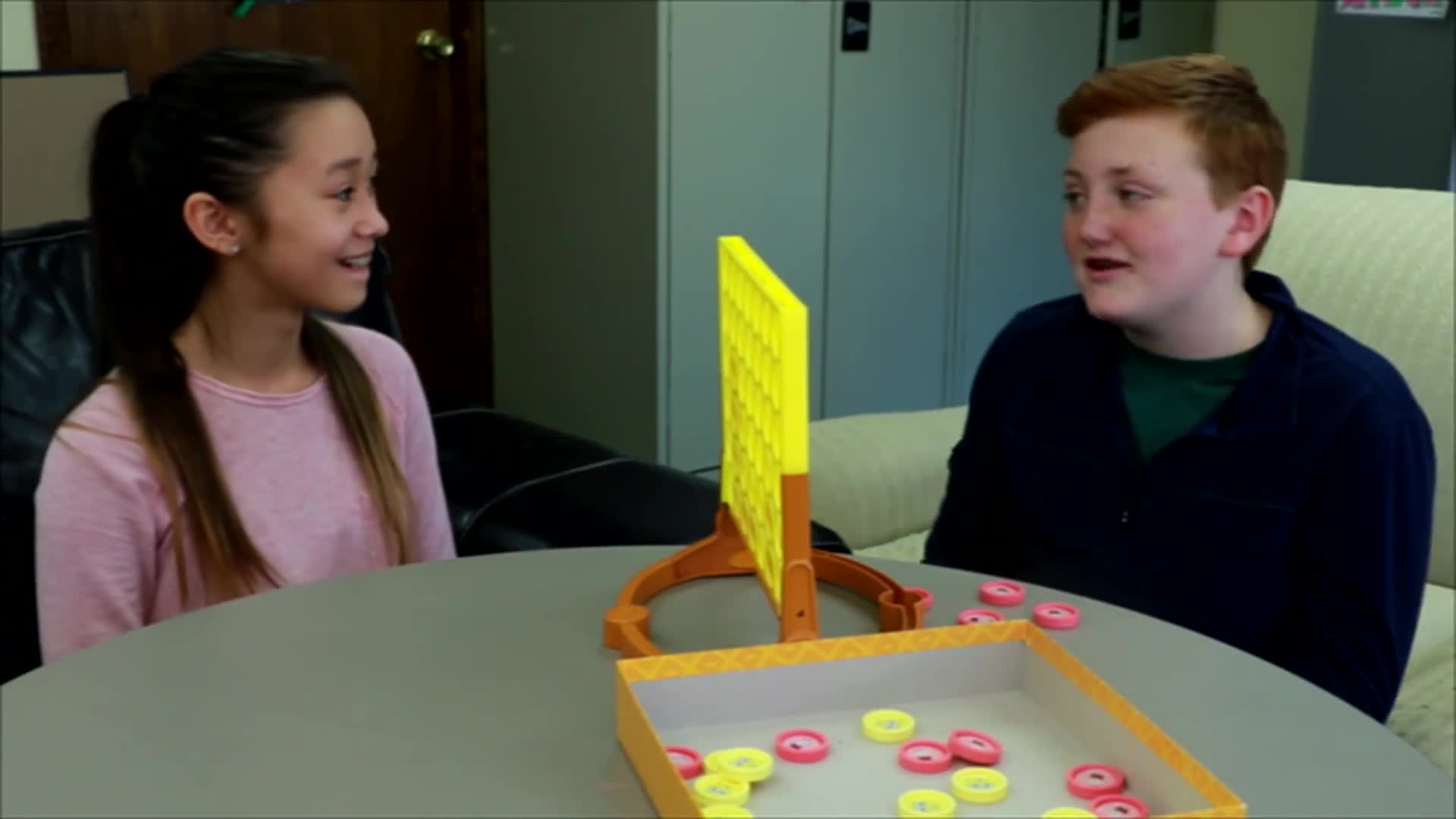Developing good sportsmanship in young children is a crucial aspect of special education, as it fosters healthy social interactions and emotional wellbeing. In this blog post, we will discuss the importance of good sportsmanship, the role of specialists, and effective IEP goals to support its development in PreK students.
Understanding Good Sportsmanship
Good sportsmanship is the ability to engage in fair play, demonstrate respect for others, and maintain a positive attitude, regardless of the outcome of a game or activity. It has a significant impact on students’ learning, social interactions, and overall wellbeing. Developing good sportsmanship helps children build strong relationships, handle challenges, and cultivate a growth mindset.
The Role of Specialists
Various specialists can support the development of good sportsmanship in PreK students. Speech-Language Pathologists can teach students appropriate language and communication skills to express themselves during play. Social Workers can help students understand the importance of respecting others and adhering to rules. Psychologists can address emotional regulation, stress management, and coping skills. School Counselors can provide guidance on conflict resolution, problem-solving, and teamwork.
IEP Goals for Good Sportsmanship
Here are some specific SMART IEP goals that educators can use to improve good sportsmanship in students:
-
Goal: Improve the student’s ability to demonstrate good sportsmanship during games and activities by maintaining a positive attitude, regardless of the outcome.
Strategies and Activities: Role-playing, social stories, and group discussions on appropriate behavior during play. -
Goal: Increase the student’s understanding and adherence to game rules and fair play.
Strategies and Activities: Explicit teaching of rules, modeling, and practicing games with clear expectations. -
Goal: Develop the student’s skills in expressing positive statements and compliments towards peers during games and activities.
Strategies and Activities: Teaching and practicing appropriate phrases, using positive reinforcement, and encouraging peer feedback.
Implementing and Measuring Progress
To effectively implement and measure progress, educators should:
- Collaborate with specialists to create a comprehensive support plan.
- Use a variety of strategies and activities to address individual needs.
- Monitor and document progress through observations, data collection, and assessments.
- Adjust goals and interventions as needed based on student progress.
Conclusion
Developing good sportsmanship in PreK students is essential for their social and emotional growth. By implementing effective IEP goals and collaborating with specialists, educators can foster a supportive environment for students to thrive. We encourage you to apply these strategies and explore more resources at Everyday Speech Sample Materials.






